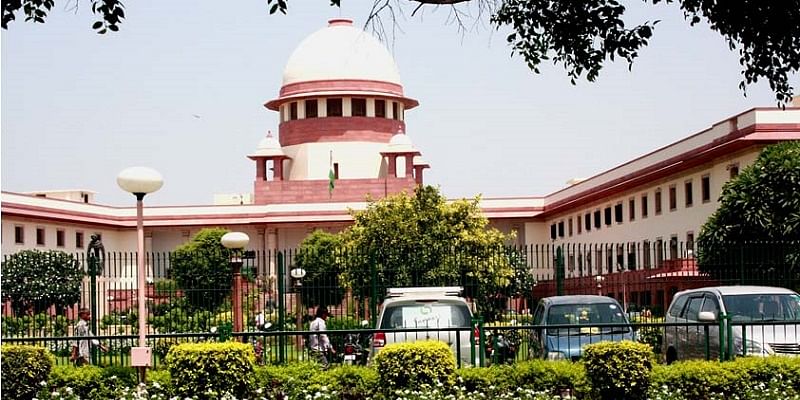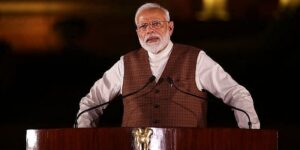An expert committee appointed by the Supreme Court said it cannot conclude any regulatory failure around Adani Group’s stock rallies, and that SEBI has ‘drawn a blank’ in its probe into alleged violations in money flows from offshore entities into the conglomerate.
But the six-member panel said there was evidence of a build-up in short positions on Adani Group stocks ahead of the report of US-based short seller Hindenburg Research, and profiting from squaring off positions after prices crashed post-publication of the damning allegations.
“At this stage, taking into account the explanations provided by SEBI, supported by empirical data, prima facie, it would not be possible for the committee to conclude that there has been a regulatory failure around the allegation of price manipulation,” the panel said in the report submitted to the Supreme Court.
It further said there is a need for an effective enforcement policy that is ‘coherent and consistent’ with the legislative position adopted by SEBI.
According to the committee, it also cannot say that there has been a regulatory failure on SEBI’s part on minimum public shareholding rules or on related party transactions.
The apex court had appointed the committee parallel to the investigation that markets regulator Sebi was conducting into allegations against Adani Group and the plunge in the apples-to-port conglomerate’s shares, triggered by Hindenburg’s allegations.
The expert panel was headed by retired Supreme Court judge Justice AM Sapre and comprised OP Bhatt, KV Kamath, Nandan Nilekani, and Somsekhar Sundaresan.
“The foundation of SEBI’s suspicion that led to investigations into the shareholding of the foreign portfolio investors (FPIs) in the Adani-listed companies is that their ownership structure is “opaque” because the ultimate chain of ownership above the 13 overseas entities holding Adani Group stocks is not clear,” the report said.
Sebi has found 42 contributors to the assets under the management of the 13 overseas entities and has been pursuing various avenues to ascertain the same.
“It has been a long-standing suspicion of SEBI that some of the public shareholders are not truly public shareholders and could be fronts for the promoters of these companies,” it said.
Despite pursuing various routes through the Enforcement Directorate and the income-tax department, Sebi has not determined the ultimate ownership of these 13 entities.
While the FPIs in question made declarations of the beneficial owner by identifying the natural persons controlling their decisions, a 2018 law had done away with the very requirement to disclose the last natural person owning any economic interest in the FPI.
SEBI has been investigating the ownership of the 13 overseas entities since October 2020.
“The investigation and enforcement have moved in the opposite direction, stating that the ultimate owner of
every piece of economic interest in an FPI must be capable of being ascertained. It is this dichotomy that has led to SEBI drawing a balance worldwide, despite its best efforts,” it said.
Without such information, SEBI is unable to satisfy itself that its suspicion that has been aroused can be put to rest.
“The securities market regulator suspects wrongdoing but also finds compliance with various stipulations in attendant regulations. Therefore, the record reveals a chicken-and-egg situation,” it said.
The committee said that the market has re-priced and re-assessed the Adani stocks. “While they may not have returned to the pre-January 24 levels, they are stable at the newly re-priced level,” it said.
The committee noted that as per empirical data, retail investors’ exposure to Adani stocks increased after January 24, 2023. And on the basis of this, it concluded that the Indian stock market as a whole was not unduly volatile during the period under reference.
“The volatility in the Adani stocks was indeed high, which is attributable to the publication of the Hindenburg report and its consequences,” the report said.
The Supreme Court had earlier this week granted Sebi time till August 14 to complete its probe into the allegations against Adani Group.
Adani Group stocks had taken a beating on the bourses after Hindenburg made a litany of allegations, including those about fraudulent transactions and share-price manipulation, against the business conglomerate.
Adani Group dismissed the charges as lies, saying it complies with all laws and disclosure requirements.






![Read more about the article [Product Roadmap] How this wellness startup is bringing AI, sensor technology to your yoga mat](https://blog.digitalsevaa.com/wp-content/uploads/2022/04/YogiFi-1649768313912-300x150.jpeg)



